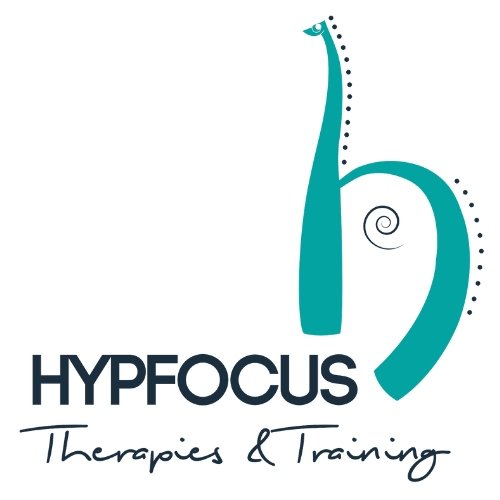The Impact of Eating Speed on Gut Health: Why Slowing Down Matters
Eating quickly has become a common habit in our fast-paced world, but it can significantly impact our gut health and overall well-being. At Hypfocus, we understand the importance of mindful eating and how it can transform your digestive health. Let's explore why slowing down during meals is crucial and how hypnotherapy can help you develop healthier eating habits.
The Digestive Process: A Delicate Balance
Digestion is a complex process that begins in the mouth and continues throughout the gastrointestinal tract. When we eat too quickly, we disrupt several physiological mechanisms designed to optimize digestion12.
Chewing and Enzymatic Action
Proper chewing is essential for breaking down food and mixing it with saliva, which contains digestive enzymes like amylase2. When we don't chew thoroughly, larger food particles reach our intestines, leading to increased gas production as gut bacteria ferment undigested carbohydrates1.
Nutrient Absorption
Chewing food well increases the surface area of food particles, making it easier for the body to absorb nutrients25. Eating too quickly can result in poor nutrient absorption and digestive discomfort.
Acid Reflux and Heartburn
Rapid eating can overwhelm the lower esophageal sphincter, increasing the risk of acid reflux and heartburn14.
Gastrocolic Reflex
Eating too fast can trigger an exaggerated gastrocolic reflex, potentially leading to increased bowel urgency, especially in those with IBS1.
Hormonal Signals
Our body needs time to release digestive fluids and hormones that signal fullness to the brain. Fast eating can lead to overeating as these signals don't have time to reach the brain14.
Benefits of Mindful Eating
Adopting a mindful approach to eating can have numerous benefits:
Improved digestion and nutrient absorption
Reduced risk of bloating, gas, and indigestion
Better portion control and weight management
Enhanced enjoyment of meals
Decreased stress around eating
Tips for Mindful Eating
Chew each mouthful thoroughly, aiming for about 30 chews per bite5.
Put your utensils down between bites.
Focus on the flavors, textures, and aromas of your food.
Eliminate distractions like phones or TV during meals4.
Take smaller bites and eat smaller portions.
Practice gratitude for your meal before eating.
How Hypnotherapy Can Help
At Hypfocus, we use hypnotherapy to help you adopt mindful eating habits naturally and easily. Hypnotherapy can:
Retrain your subconscious mind to eat more slowly
Increase awareness of your body's hunger and fullness cues
Reduce stress and anxiety around mealtimes
Enhance your enjoyment of food through mindful practices
Create positive associations with healthy eating habits
By working with your subconscious mind, hypnotherapy can help you effortlessly integrate mindful eating into your daily routine, leading to improved gut health and overall well-being.
Remember, the journey to better digestive health starts with slowing down and savoring each bite. With the power of hypnotherapy and mindful eating techniques, you can transform your relationship with food and nurture a healthier gut.

